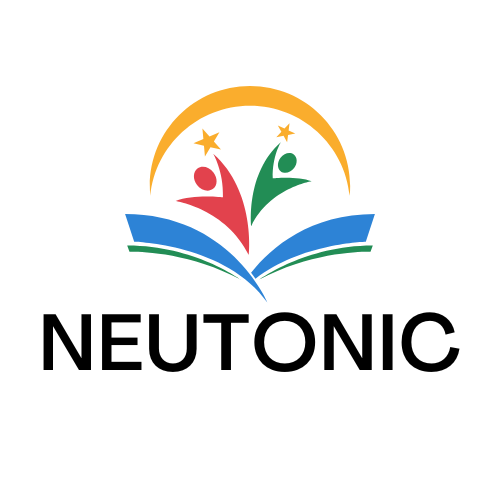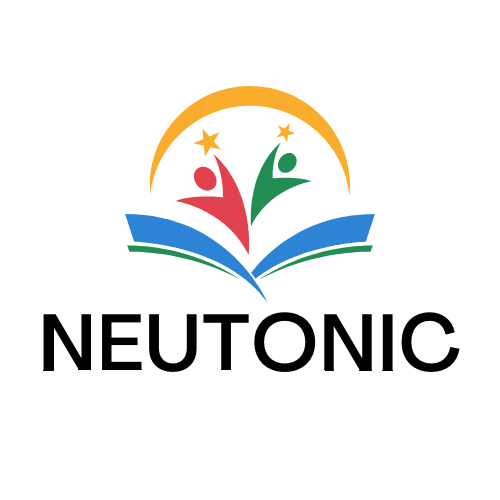If you’re considering a degree in early childhood education, you’re stepping into a rewarding field that shapes the lives of young children. This degree opens doors to various career paths, allowing you to make a real difference in your community. Whether you dream of teaching in a classroom or working with families, the opportunities are vast and fulfilling.
I’ve often found that many people aren’t aware of the diverse roles available to those with this degree. From becoming a preschool teacher to a curriculum developer or even a child psychologist, the possibilities are exciting. Let’s explore what you can do with an early childhood education degree and how it can pave the way for a meaningful career.
Key Takeaways
- An early childhood education degree provides diverse career opportunities, including teaching, administration, and special education roles.
- Degrees typically range from Associate’s to Master’s, with each level offering varying qualifications and professional prospects.
- Graduates develop essential skills such as communication, classroom management, and interpersonal skills vital for working with children and families.
- Advanced degrees and certifications can enhance qualifications and open pathways to specialized roles in early childhood education.
- Career paths can include positions in preschools, daycare centers, special education, and educational leadership.
What Can I Do With An Early Childhood Education Degree
Early childhood education degrees focus on the development and learning of children from birth to age eight. Such degrees often cover essential topics like child development theories, learning processes, and effective teaching strategies. Educators gain insights into creating stimulating and nurturing environments for young children.
Programs typically offer a blend of theoretical knowledge and practical experience, including supervised teaching placements. Some common program types include Associate’s, Bachelor’s, and Master’s degrees.
An Associate’s degree allows entry-level positions, while a Bachelor’s degree qualifies for a broader range of roles. A Master’s degree offers advanced opportunities, such as leadership positions in educational settings.
Accredited institutions emphasize critical skills like communication, creativity, and problem-solving. These skills enhance interactions with children and families. Additionally, many programs include specializations for diverse needs, such as special education or language acquisition.
With a degree in early childhood education, graduates can shape future generations and support community development.
Career Opportunities

A degree in early childhood education opens diverse career avenues, allowing me to make a significant impact on children’s development and educational experiences. Below are some of the key career paths available.
Teaching in Preschools
Teaching in preschools is a common route for early childhood education graduates. Responsibilities include creating engaging lesson plans, fostering a supportive learning environment, and monitoring developmental milestones. I can work in public, private, or community-based programs, with opportunities to specialize in areas such as bilingual education or curriculum development.
Working in Daycare Centers
Working in daycare centers offers another avenue for graduates. Positions in this field involve supervising and caring for children while providing educational activities that promote social, emotional, and cognitive growth. I can take on roles like lead teacher or childcare director, managing daily operations and ensuring a safe, nurturing atmosphere for children.
Special Education Roles
Special education roles are crucial for supporting children with diverse needs. Graduates can work as special education teachers or advocates, focusing on developing tailored educational plans that address individual challenges. I can also collaborate with families, therapists, and other professionals to ensure each child receives appropriate support and resources.
Administration and Management Positions
Administration and management positions provide pathways to leadership in early childhood education settings. Jobs in this area include roles like program director, where I can oversee staff, budget, and curriculum implementation. These roles require strong management skills and the ability to navigate regulatory requirements while ensuring the highest quality of education and care for children.
Further Educational Pathways

Further educational pathways expand career opportunities and enhance professional knowledge in early childhood education. Pursuing advanced degrees and certifications offers specialization and expertise in specific areas.
Master’s Degree Options
A Master’s degree in early childhood education enhances leadership and specialized skills. Programs include topics like advanced child development, curriculum design, and educational policy. Graduates often pursue roles as educational administrators, program directors, or researchers. Some master’s programs allow for concentrations in areas like special education or child psychology, tailoring education to specific interests and market needs.
Certifications and Specializations
Certifications and specializations offer targeted professional development. Early childhood educators can pursue endorsements in areas like early intervention, bilingual education, or Montessori methods. These certifications improve job prospects and skill sets, enabling educators to meet diverse children’s needs. Specialized training fosters expertise in specific methodologies, enhancing classroom practices and outcomes.
Skills Gained from an Early Childhood Education Degree

Graduates of early childhood education programs acquire essential skills that enhance their ability to foster development in young children. The following skills stand out in their significance for effective practice.
Communication and Interpersonal Skills
Effective communication and strong interpersonal skills form the backbone of early childhood education. These skills enable me to interact meaningfully with children, parents, and colleagues. I develop my ability to convey information clearly, listen actively, and build rapport. Communicating with young children requires adapting language and tone to meet their developmental levels. By fostering relationships through open dialogue, I create a trusting environment where children feel safe expressing themselves. These skills also facilitate collaboration with families, helping to support children’s learning and development outside the classroom.
Classroom Management Techniques
Classroom management techniques are fundamental to establishing a productive learning environment. I learn strategies for organizing the classroom, setting clear expectations, and promoting positive behavior. Effective classroom management minimizes disruptions and maintains focus, allowing children to thrive. Understanding developmental levels equips me to implement age-appropriate activities that engage learners. I also cultivate patience and flexibility to address diverse needs and behavior challenges. Through consistent routine and structure, I foster an atmosphere conducive to learning, ultimately enhancing educational outcomes for all students.
An early childhood education degree opens doors to a world of opportunities where I can make a real difference in children’s lives. Whether I choose to teach in a preschool or work in special education, the skills I’ve gained empower me to create nurturing environments that foster growth and development.
With options to pursue further education and specializations, I can tailor my career path to align with my passions and the needs of the community. The journey is rewarding and fulfilling, as I help shape the future of young learners and support families along the way. Embracing this career means I’m not just teaching; I’m inspiring the next generation.





